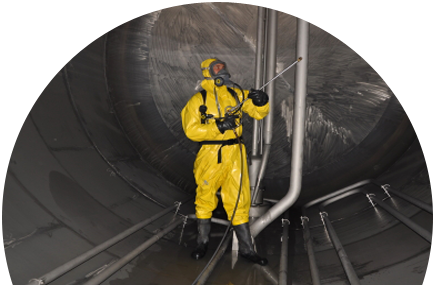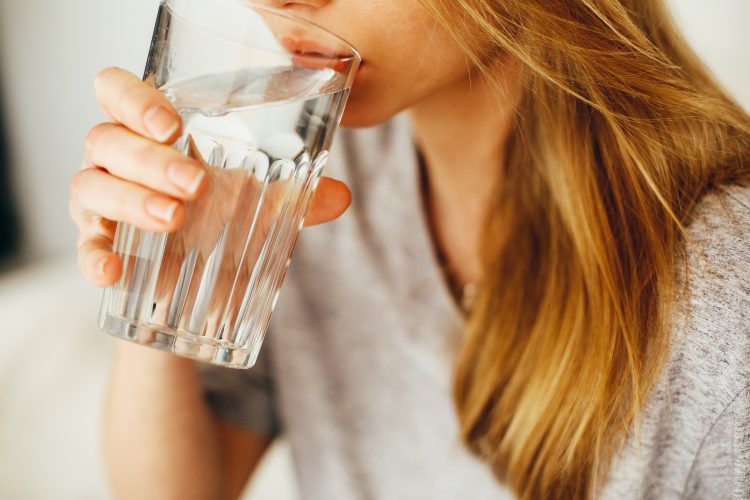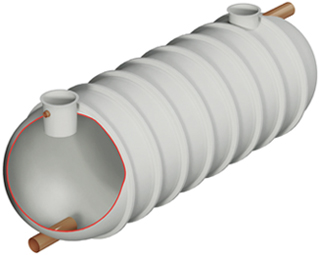The best way to ensure your water tank is clean and safe is to carry out regular disinfecting treatments using chlorine. It is imperative to maintain your water tank properly as otherwise it can become contaminated, which means you might catch some nasty illnesses.

Consequences of an infected water tank:
If your water tank is altered or accessed for maintenance it can easily become contaminated by sediment, animal products, biofilm, corrosion, or stagnant water. To avoid this you must regularly disinfect your water tank. If the water is left alone it can grow bacteria and other microbes which carry waterborne diseases like typhoid, Guinea worm disease, cholera, and dysentery. Viral and parasitic organisms in contaminated water can also cause infections and other conditions such as diarrhoea. These water-related problems cause a horrifying 3.4 million deaths around the world each year, which is why disinfecting your water storage tank is so important.

Disinfecting your water tank:
When to disinfect your water well or storage tank:
- If it has a positive result on an E.coli or coliform test
- If the water odour or taste changes
- After flooding, or pump and casing repairs
- If it has been a year since the last treatment
It is recommended that a professional completes the water tank disinfection process to ensure it is carried out effectively, as you will want to be certain your water is safe and healthy.
Water tank disinfection procedure:
- Before treating the water, it is imperative to inform anyone with access to the water that it cannot be used.
- Empty the tank, and make sure all of the liquids are disposed of safely.
- Scrub the inside of the tank with detergent and a high pressure jet.
- A water jet can be used to continually flush the tank until there is no detergent left.
- The pipes should be flushed with hot water and detergent to remove sediment.
- Fill a quarter of the tank with fresh water, then add calcium hypochlorite, which has a high percentage of chlorine, for the disinfection.
- Add 80 grams of calcium hypochlorite for every 1000 litres of the tank, then fill up the tank to full capacity.
- Close the lid and leave the tank for 24 hours.
- Empty the tank, fill it again with clean water, leave for 30 minutes, and empty it again.
- Now the tank is ready to use and can be refilled with normal drinking water.

How to prevent infected water:
There are a few things you can do to make sure you don’t experience any of the awful side effects of contaminated water, including:
- Regularly carrying out E. Coli and coliform tests on the water.
- Using gutter mesh, and fine mesh over the entrance of the tank to prevent debris and animals from entering.
- Installing a filter for your drinking water tap.
- Adding a protective lining on the inside of your tank, such as a polyurethane coating.
- Annually disinfecting the tank.
If your water storage tank needs cleaning or disinfecting, then Wildon UK are the best choice. Our expert wastewater engineers carry out tank chlorination services across Stoke-on-Trent, Staffordshire, and throughout the UK. Contact us today for more information.
Go back to








